Importance of eco-friendly practices
Eco-friendly gardening is important because it protects the environment and keeps ecosystems healthy. Using compost, organic fertilizers, and saving water reduces waste and avoids harmful chemicals. These practices also support wildlife and helpful insects. By choosing eco-friendly methods, gardeners improve plant growth and lower their impact on the planet. Overall, eco-friendly gardening helps save natural resources for the future and is a key part of responsible gardening.
What is Sustainable Gardening?
Sustainable gardening is a way of gardening that helps keep the environment healthy and reduces waste. It uses methods that save resources and support wildlife. Techniques include composting to recycle organic material, using natural fertilizers instead of chemicals, and saving water with drip irrigation or collecting rainwater. It also helps the soil by avoiding too much digging and using mulch to keep moisture. These practices help create strong gardens that are good for the environment and support local wildlife, contributing to a more sustainable future.
Soil Health and Management
Soil health and management are key for good gardening. Healthy soil helps plants grow by providing nutrients and good drainage. To keep soil healthy, use compost to add organic matter, which makes the soil better. Avoid digging too much, as it can harm soil life and cause erosion. Mulching helps keep soil moist, controls temperature, and stops weeds. Check soil regularly for nutrient levels and pH, and make changes if needed. Planting cover crops can prevent erosion and improve soil quality. These practices help keep soil fertile and support strong plant growth.
Organic Soil Amendments
Organic soil amendments improve soil health using natural materials. Compost adds nutrients and makes soil better, while manure provides essential nutrients. Bone meal gives phosphorus, and blood meal adds nitrogen for plant growth. Green manure, or cover crops, can be mixed into the soil to improve its quality. Mulch from leaves or straw helps keep soil moist and stops weeds. Using these natural amendments helps create rich, balanced soil that supports healthy plants and cuts down on the need for synthetic fertilizers.
Composting
Composting turns food scraps, yard waste, and other natural materials into rich soil. You put food scraps and yard waste into a compost bin or pile. Tiny organisms break these down into dark, crumbly compost. This compost helps the soil by adding nutrients, holding water better, and improving it. Composting also cuts down on landfill waste and can replace chemical fertilizers. To compost well, mix green items (like veggie scraps) with brown items (like leaves), and turn the pile often to speed up the process.
Mulching
Mulching is putting materials like straw, leaves, or wood chips on the soil around plants. This helps keep soil moist, block weeds, and control soil temperature. As mulch breaks down, it adds nutrients to the soil. Mulching can also stop soil erosion and cut down on how often you need to water. To use mulch correctly, spread a layer about 2-4 inches thick around plants, but keep it away from the plant stems to prevent rotting.
Water Conservation
Water conservation in gardening means using ways to save water and use it better. You can use drip irrigation systems to give water directly to plant roots, which saves water. Collecting rainwater in barrels and using it for plants is another good method. Mulching helps keep soil moist by reducing evaporation. Choosing plants that need less water can also save water. Watering early in the morning or late in the evening helps prevent water loss from evaporation. Using these methods helps you use water more wisely and supports a sustainable environment.
Rainwater Harvesting
Rainwater harvesting is about collecting and saving rainwater for later. You catch rain from rooftops or other surfaces and store it in tanks or barrels. You can then use this water to water plants, clean, or drink after treating it. Using rainwater helps save tap water, lowers water bills, and eases the demand on local water sources. Rainwater harvesting systems can be simple, like barrels, or more complex with filters and pipes. Using rainwater makes your gardening more eco-friendly and sustainable.
Drip Irrigation Systems
Drip irrigation systems water plants directly at their roots using tubes, pipes, and small emitters. These emitters slowly release water to each plant, reducing waste by delivering water exactly where it’s needed and cutting down on evaporation and runoff. This method is great for places with limited water or plants that need steady moisture. Using a drip irrigation system can make plants healthier, lower water bills, and use water more efficiently. Regular checks and maintenance keep the system working well and prevent blockages.
Efficient Watering Techniques
Efficient watering techniques save water and keep plants healthy. Water your garden early in the morning or late in the evening to stop water from evaporating. Use a soaker hose or drip irrigation to water plants at their roots, which reduces waste. Put mulch around plants to keep the soil moist and water less. Group plants that need the same amount of water. Water deeply but not too often to help plants grow strong roots. Adjust your watering based on the weather and how your plants are doing.

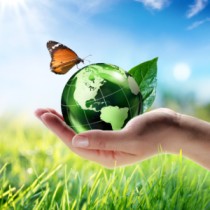
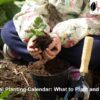
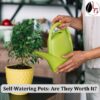
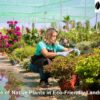
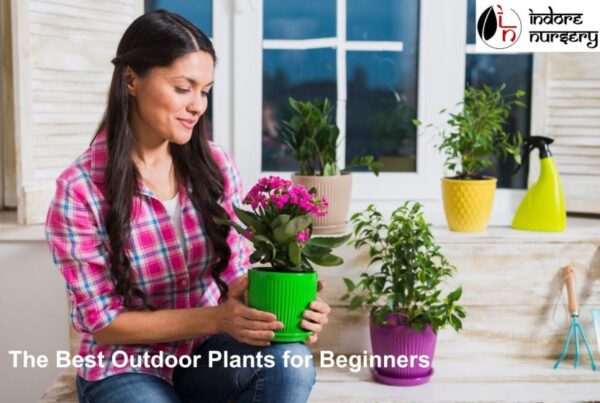
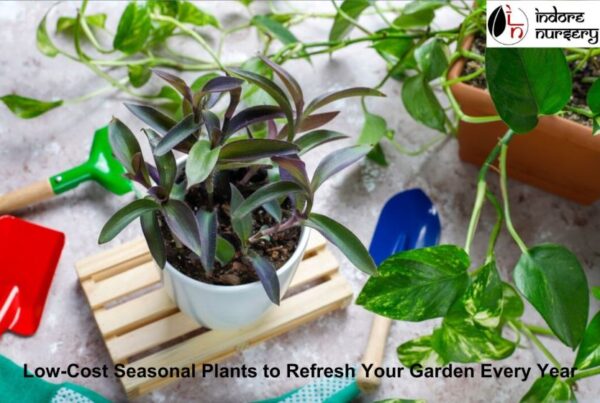
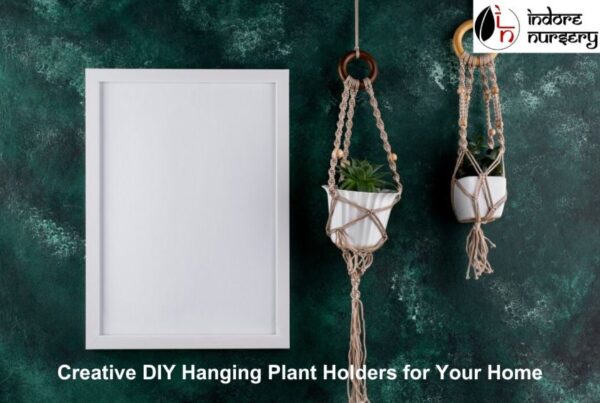

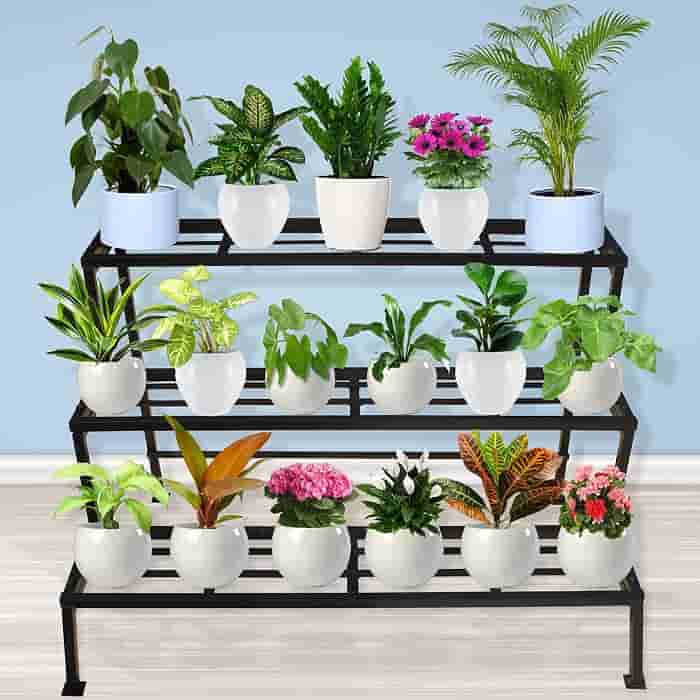
Recent Comments